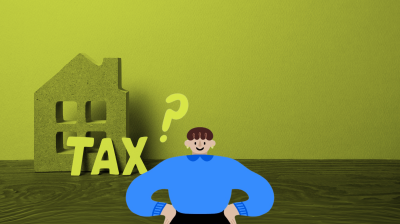What support can I get as a young person for a disability?
Learn more about your rights as a young person with a disability

This factsheet is an extract from the publication Know Your Rights: The Rights of Children and Young People published by the Children’s Rights Alliance. It is reproduced here with their kind permission. Know Your Rights is a public information project designed to inform everyone, in plain language, of the rights and entitlements children have in Ireland and where to go when they are not respected.
If you have a disability that affects your ability to move, communicate or learn, you may be entitled to get help from the disability support services. Depending on the type of disability you have, you and your parent or guardian may also be eligible for financial supports. These include the Domiciliary Care Allowance (DCA) and the Disability Allowance Payment.
What type of disability allowance am I entitled to?
Domiciliary Care Allowance (DCA)
Your parent or guardian may get the DCA if you are under 16 years of age and have a severe disability that has continued or is expected to last for at least a year, and which means that you need substantially more care than another child of your age.
Your parent or guardian must meet a number of conditions to qualify for this payment (including residency [living] requirements). For instance, you must be living at home and in continuous care. If you are in residential care but return home two or more days a week, your parent or guardian may qualify for a reduced rate of payment.
Any parent who receives DCA will automatically qualify for the Carer’s Support Grant paid annually. If the parent is working, they may in certain circumstances qualify for the incapacitated child tax credit. You can find out more about these on the Department of Employment Affairs and Social Protection website.
Disability Allowance Payment
You may be eligible for this payment if you are over 16 years of age and have an injury, disease or physical or mental disability that has continued or is expected to last for at least a year. This payment is means-tested, which means your income must be below a certain level for you to get the payment.
Do I have a right to medical care?
If you receive Domiciliary Care Allowance, you are entitled to a medical card. You can sign the register for the medical card on the online portal on the HSE website. If you do not receive Domiciliary Care Allowance, you may still be entitled to a medical card if your family satisfies the means-test. Certain disabilities will qualify for the long-term illness scheme. This covers all medical expenses related to the condition in question. For more see the HSE website.
Can my family get help to adapt my house to make it more accessible for me?
If you have a disability that is recognised by the Health Service Executive (HSE), your parent or guardian may be eligible for a grant to help pay for the cost of adapting your home. You can find out more about these grants and supports from the Citizens Information Service or from the housing department of your Local Authority.
Find out more about:






